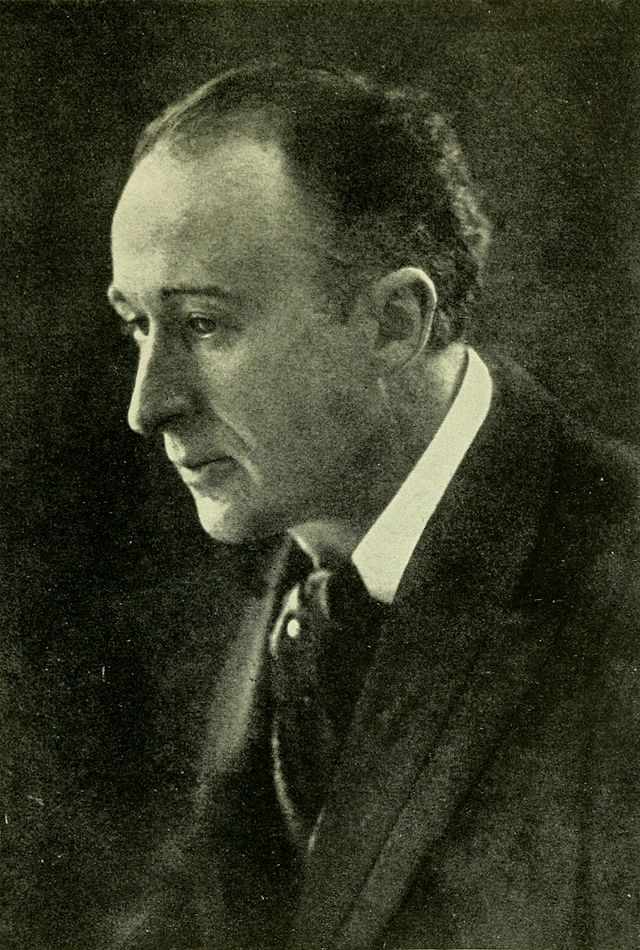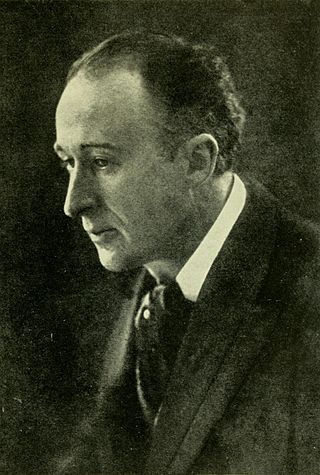Top Qs
Timeline
Chat
Perspective
List of compositions by Frederick Delius
From Wikipedia, the free encyclopedia
Remove ads
The musical compositions of Frederick Delius (1862–1934) cover numerous genres, in a style that developed from the early influences of composers such as Edvard Grieg and Richard Wagner into a voice that was uniquely Delius's. He began serious composition at a relatively advanced age (his earliest songs date to his early twenties), and his music was largely unknown and unperformed until the early 20th century. It was a further ten years before his work was generally accepted in concert halls, and then more often in Europe than in his home country, England. Ill-health caused him to give up composition in the early 1920s and he was silent for several years, before the services of a devoted amanuensis, Eric Fenby, enabled Delius to resume composing in 1928. The Delius-Fenby combination led to several notable late works.[1]

Remove ads
Chronological list of principal works
Summarize
Perspective
The "principal" works are those identified as such by Eric Fenby.[2] A division of Delius's work into phases such as "apprentice" and "middle period" has been suggested by many commentators, notably Anthony Payne in "Delius's Stylistic Development" (1962).[1]
Apprentice works, 1887–1899
- 1887: Florida Suite
- 1890–92: (Opera) Irmelin
- 1893–95: (Opera) The Magic Fountain
- 1895–97: (Opera) Koanga
- 1897: (Incidental music) Folkeraadet (Norwegian Suite)
- 1897: Concerto for piano and orchestra (original version)[3]
- 1899: Paris: The Song of a Great City
"Middle period" works, 1900–06
- 1900–01: (Opera) A Village Romeo and Juliet
- (Orchestral interlude between Scenes 5 and 6) "The Walk to the Paradise Garden"
- 1902: (Opera) Margot-la-Rouge
- 1903: Appalachia: Variations on a Slave Song
- 1903–04: Sea Drift (setting of a poem by Walt Whitman)
- 1904–05: A Mass of Life (text by Friedrich Nietzsche)
- 1906: Concerto for piano and orchestra (with revised first movement)[3]
- 1906–07: Songs of Sunset (poems by Ernest Dowson)
Mature works, 1907–24
- 1907: Brigg Fair
- 1908: In a Summer Garden
- 1909–10: (Opera) Fennimore and Gerda
- 1911: An Arabesque (poems by Jens Peter Jacobsen)
- 1911: A Song of the High Hills (wordless chorus)
- 1911–12: Summer Night on the River
- 1911–12: On Hearing the First Cuckoo in Spring
- 1912: Life's Dance (revised from 1899 symphonic poem La ronde se déroule)
- 1913–14: North Country Sketches
- 1914: Sonata for violin and piano No. 1 (begun 1905)
- 1914–16: Requiem (text by Heinrich Simon)
- 1915: Double Concerto for violin, cello and orchestra
- 1916: Concerto for violin and orchestra
- 1916: Dance Rhapsody No. 2
- 1916: String Quartet
- 1916: Sonata for cello and piano
- 1917: Eventyr (Once Upon a Time)
- 1918: A Song Before Sunrise
- 1920–23: (Incidental music) Hassan (play by James Elroy Flecker)
- 1921: Cello Concerto
- 1923: Sonata for violin and piano No. 2
Late works
- 1929–30: A Song of Summer
- 1930: Sonata for violin and piano No. 3
- 1930: Songs of Farewell (setting of poems by Walt Whitman)
Remove ads
List of works by genre
Summarize
Perspective
A definitive catalogue of the works of Delius was produced by Robert Threlfall in 1977, and a supplement to it in 1986.[4] It is abbreviated as RT. The Threlfall sectioning is a categorization where works are assigned nominal numbers according to a roman-numeric genre numbering scheme. For example, A Village Romeo and Juliet is, according to Threlfall's counting, the sixth piece of dramatic work Delius composed. Thus, the piece is in Section I, number 6, so is designated RT I/6.[5]
Dramatic works
Works for voices and orchestra
Works for solo voice and orchestra
Works for unaccompanied voices
Songs with piano accompaniment
Works for orchestra alone
Works for solo instrument(s) and orchestra
Chamber music
Piano solos
Remove ads
References
Wikiwand - on
Seamless Wikipedia browsing. On steroids.
Remove ads
